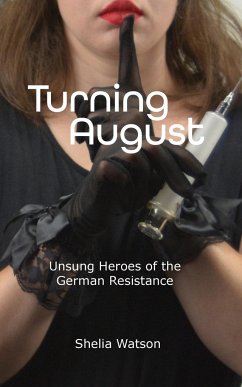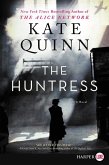August Wichmann had been warned. As a young professor of linguistics at Munich University, he captivated his students with role-playing in the personas and culture of the different languages he was teaching. It was the perfect skill set for the SS, who recruited him to gather intel on seditious acts. But he had been warned. His sister argued against his enlistment. Friends and colleagues encouraged him to reconsider. Brigitte, a vivacious medical student, made a compelling case against working with the regime. But August was idealistic and dedicated in service to his country. He took on the role of rising SS officer. And then he witnessed firsthand the atrocities committed by the Nazis. Desperate to stop the evil, his attempts were compromised by threats to those he loved. The Resistance discovered August and wanted to use his skills to ferret out information that could turn the tables on Hitler's henchmen. While pretending to be loyal to the SS, he had to feign indifference to the brutality so he could gather intel on Nazi activities and keep his cover safe. Desperate in this no-win state, the only one who truly understood August's torment was Brigitte, herself an unwitting pawn in the Nazi schemes. They both faced the haunting question that ever after steered their course: After you discover the truth, how do you atone for believing the lie? Set against a tangled web of Abwehr agents and double agents, broken trust and deception, and the earnest hopes and thwarted plans of the Resistance, the story treads a precarious path of conscience in the face of evil. Many of the characters are based on real people, including seasoned spymaster Admiral Canaris and theologian Dietrich Bonhoeffer - both presenting a fixed star by which August and Brigitte navigate the shifting moral boundaries required to fight the Nazis from within.








